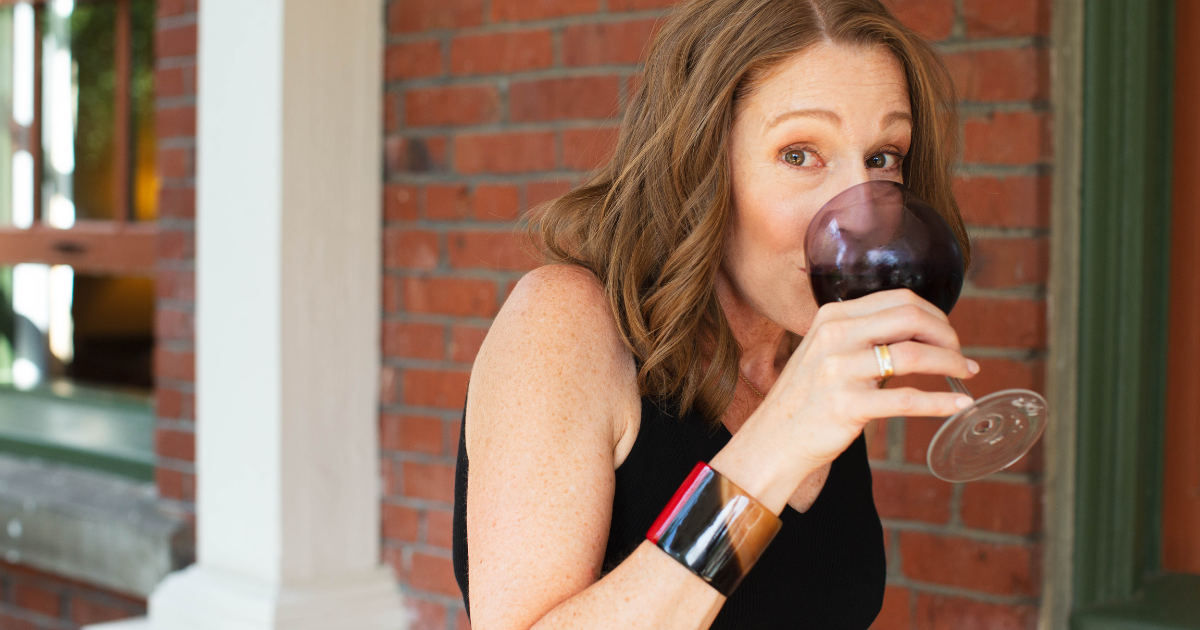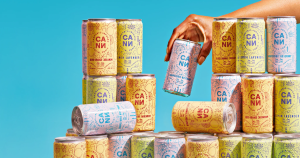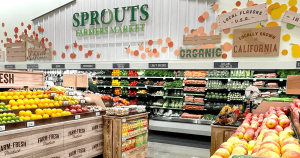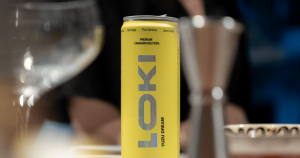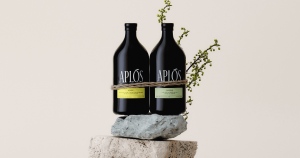By Martha Wright, Founder of Clear Power Coaching
An unexpected path to the mindful drinking space
For a sobriety/mindful drinking coach, I’ve had a bit of an unexpected career trajectory. I worked for 30 years in food and wine, first with Food Network chefs, then as the co-founder of a winery and French wine importer in Oregon. I was still a winery co-owner when, five years ago, I completed a 30-day alcohol challenge. I felt so completely better that I knew I never wanted to return to daily wine drinking. I did keep the door open to have a glass of wine here and there if I want to—I just haven’t wanted to.
What a new world it was to me, not drinking. I grew up in New Orleans, attended a beer-soaked college, worked in restaurants, and then founded a winery and import company. Throughout those years, I was always the resource, hostess, and plan maker. So I did what seemed absolutely natural when I got off the wine train: I dove headfirst into researching the burgeoning world of non-alcoholic beverages and became a very early advocate and guide, devoting a big portion of my coaching to sharing resources about the category.
Alcohol-free doesn’t mean flavor (or fun!) free
I was so pleased to find such a plethora of non-alc options hitting the market. From experience, I knew the challenges that these non-alc producers were up against. They weren’t adding to an existing category; they were creating an entirely new one. Our infrastructure and distribution systems weren’t ready. Grocers didn’t know where to put them. Distributors didn’t know how to educate their accounts to sell them. These small producers also faced challenges when trying to get economies of scale on small orders of labels or bottles. Mechanized bottling and label lines aren’t made to handle small production—so they often have to do these by hand.
Far from being “lame” non-drinkers, these non-alc producers were energetic, passionate, daring, and fun. During the pandemic, I hosted Zoom calls with various producers to let my clients see that, in an alcohol-free life, there is still the opportunity to engage with artisanal products and the winemakers and brewmasters behind them.
Beyond these sophisticated products themselves, I knew there had to be a way to “stay in the party” without alcohol. Or, to borrow a tagline from my hometown, to “laissez les bons temps rouler” (let the good times roll!). I also immersed myself in research about the science of cultivating play, fun, and joy. I’ve explored How to Savor Wine Country AF and have taken clients on field trips to do the same. I try to spread the word about the wineries with nature trails, gift shops, olive oil tastings, world-class art, plant nurseries, lavender fields, balloon ride adventures—and even non-alc spirits and wines.
Rethinking my winery past
One of the first pieces I wrote as a winery owner who had stopped drinking was A Letter Of Apology To Non-Drinkers In Wine. I explored how I would do things differently if I still owned and operated a winery tasting room today. It just hadn’t been good enough to merely offer someone a tepid glass of water if they weren’t partaking. They always ended up being the one staring at their phone, or sitting in the corner while their companions were sipping our Pinots from crystal wine glasses. True hospitality would have meant having an interesting option not just available upon request, but clearly available via signage.
I didn’t see the non-drinker because they were in my blindspot. I was steeped in old paradigms: that drinkers always drink, that if you’re visiting wine country you want wine, etc. It wasn’t just a blindspot; it was a missed opportunity. I could have engaged those guests with another artisanal beverage. Something house-crafted, local, or just interesting—something that would have conveyed something fun about our house-style or ethos. It could have been a beverage blended in old wine barrels, or that incorporated herbs known to be relaxing, or that used the same yeast used in our wines. The opportunities for creativity here are endless.
Options for everyone make everyone happy
As someone who is five years sober and spent decades in the wine and hospitality industries, I now know something more deeply than ever: graciously accommodating a guest who is alcohol-free is never about making just one friend. It makes everyone in their party happier, too!
Personally, my dining companions care as much as I do about me getting a proper alternative to the alcoholic options! When traveling in Spain last week, my Paris-based daughter busted out some rudimentary Spanish to ask not only for a local kombucha for me, but also that they serve it in a wine glass. At another restaurant in a tiny Spanish seaside village, they delivered my kombucha (a very dry and yeasty one) in a wine glass without prompting. Even five years in—and no stranger to asking for non-alc beverages and advocating for myself—I teared up a bit. A small gesture with a big impact!
Looking ahead
I give talks about what to drink when you’re not drinking, and about non-alcoholic beverage innovation and the women at the forefront. The audiences quite literally lap it up (I bring samples!). There is just so much interest, and people leave feeling really inspired by the non-alc category. Perhaps for the first time, they see themselves as someone who is not opting out of something, not saying “no,” but as someone who is saying “yes.” Yes, not only to better health, but also to craft beverages that have a story. Yes to bringing a bottle worth talking about to a party.
One point I stress in these talks: we’re still babies. We’re all in the infancy of the alcohol-free movement and of the evolution of alcohol alternatives. It took Oregon’s wine region 30 years to consistently produce the award-winning white wines, by contrast. 30 years to understand the land and which varietals of grape would work best. I don’t think it will even take 30 years for non-alc wines to be great. Some of the non-alc wines have already gone from “I’d rather just drink nothing,” to “wow, I’d happily, proudly drink that at any event.” In less than five years! Five years ago, many winemakers and brewers didn’t think there was a legitimate market for non-alc. Now they do. Many more hands—really knowledgeable, experienced hands—are now on the case.
I loved seeing Rachel Martin’s interview in which she stated that non-alc wines will eventually be preferred over their alcoholic counterparts. I concur. I also think we’ll come to think of an all-wine menu pairing as very limited. There are so many other vegetables, fruits, flowers, and all types of plants from which to make beverages. Some top chefs will relish putting their creative juices to work on house-made beverages, even bottling their own wine-alternative blends as a few Michelin-starred ones have just started to do.
I’m not against wine. I want wine regions and my wine industry friends to thrive. But I’m pro options. I think a better, more mature drinking culture depends on it. Having artisanal, elegant, delicious alcohol alternatives—and normalizing those options—is what will create a better drinking culture for future generations. So cheers to the makers! Let’s stay patient, support them, and celebrate ourselves for collectively being a part of this positive shift.
About the author
Martha Wright spent 25 years in the wine industry before entering the mindful drinking space. With her husband, she co-founded an Oregon Pinot-producing winery and a Burgundy and Champagne import company. Five years ago, Martha discovered alcohol-free living, and she now works as a sobriety/mindful drinking coach. Her program, Luscious AF (use code DRYATLAS25 to get 25% off), helps clients find their own playful, thriving, luscious life rather than just a dry one. In addition to coaching, she travels to seek out and report on non-alc products in the US and in Europe, where she spends half the year.


